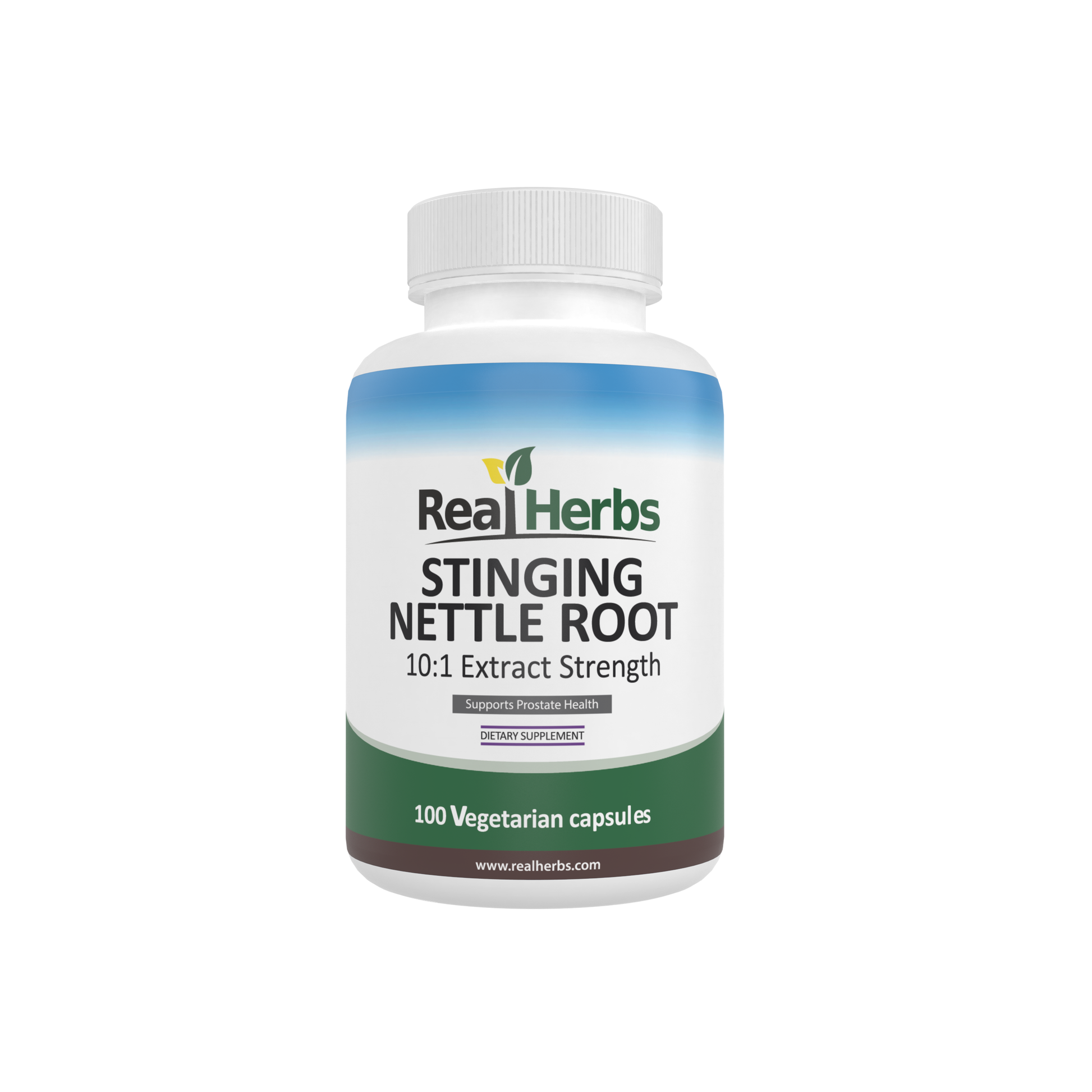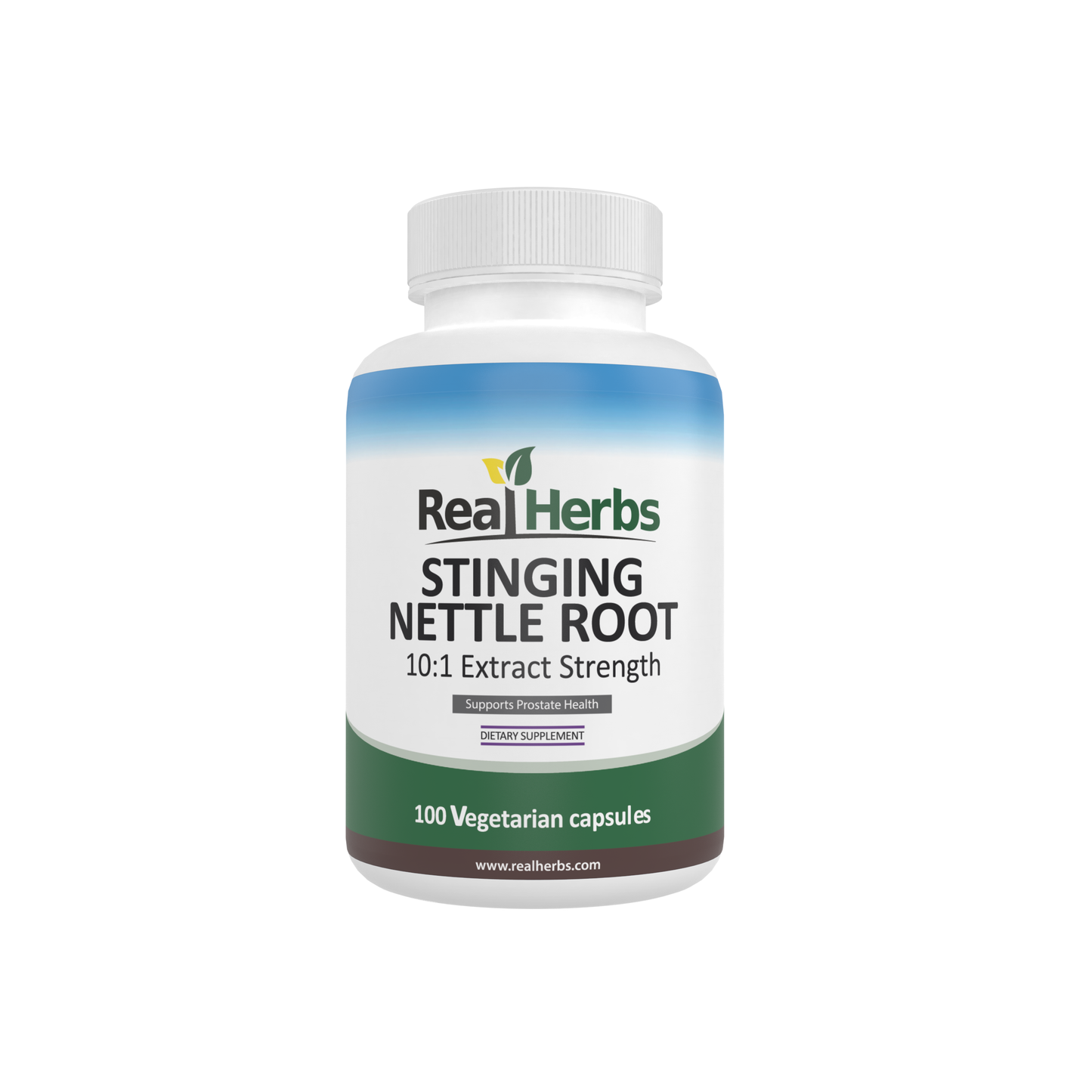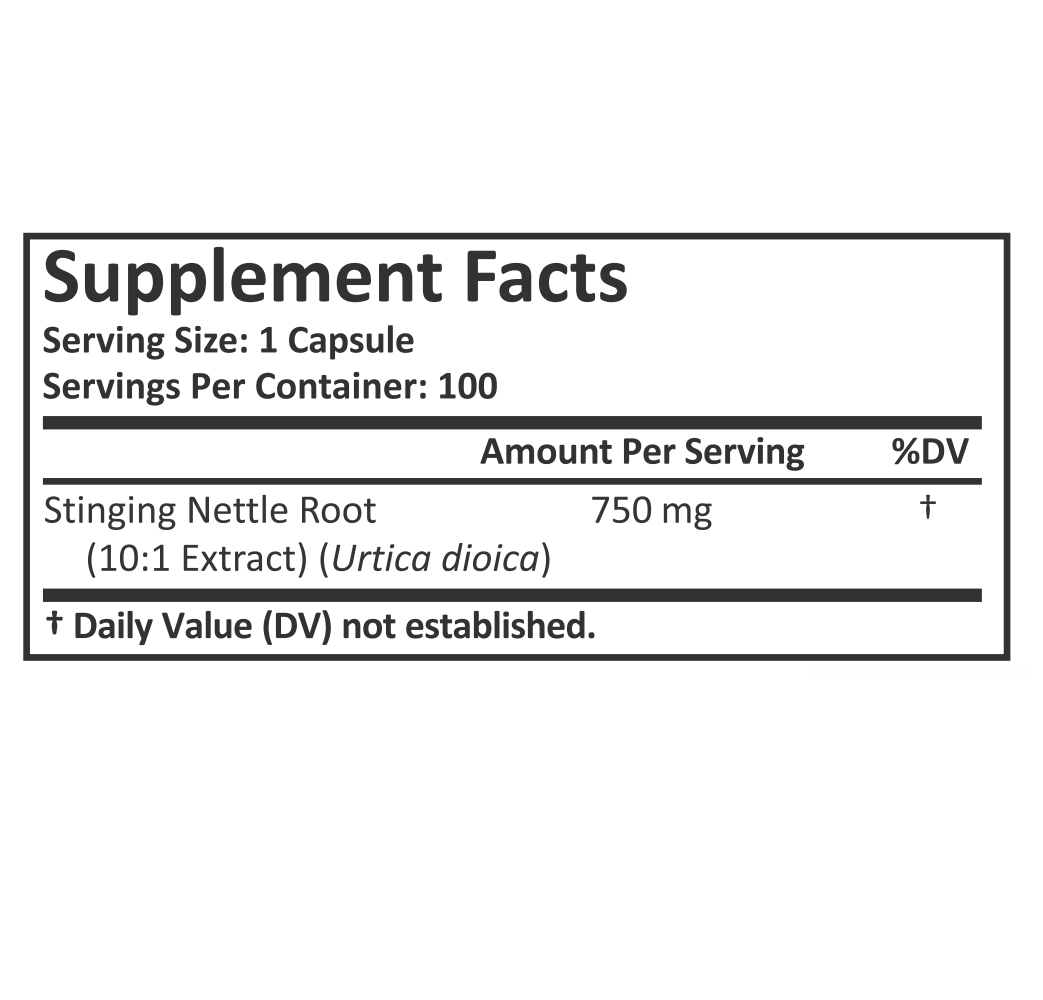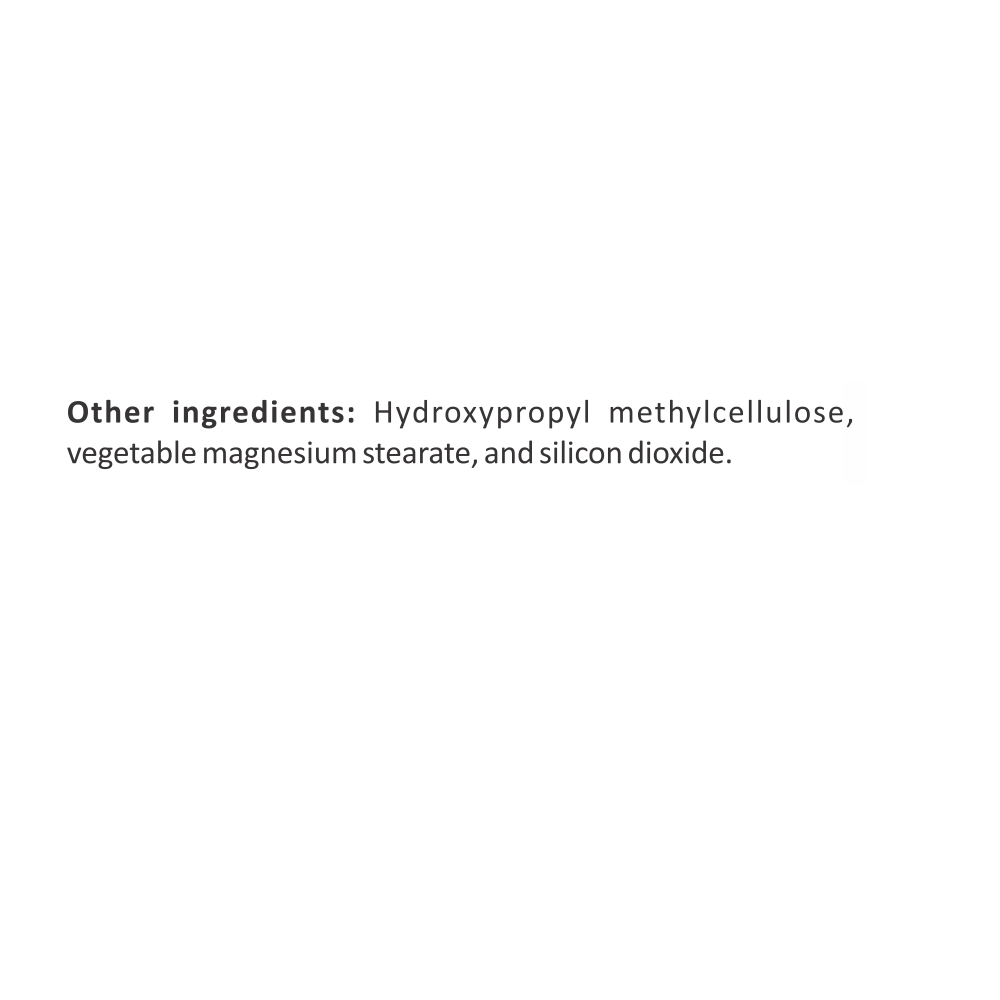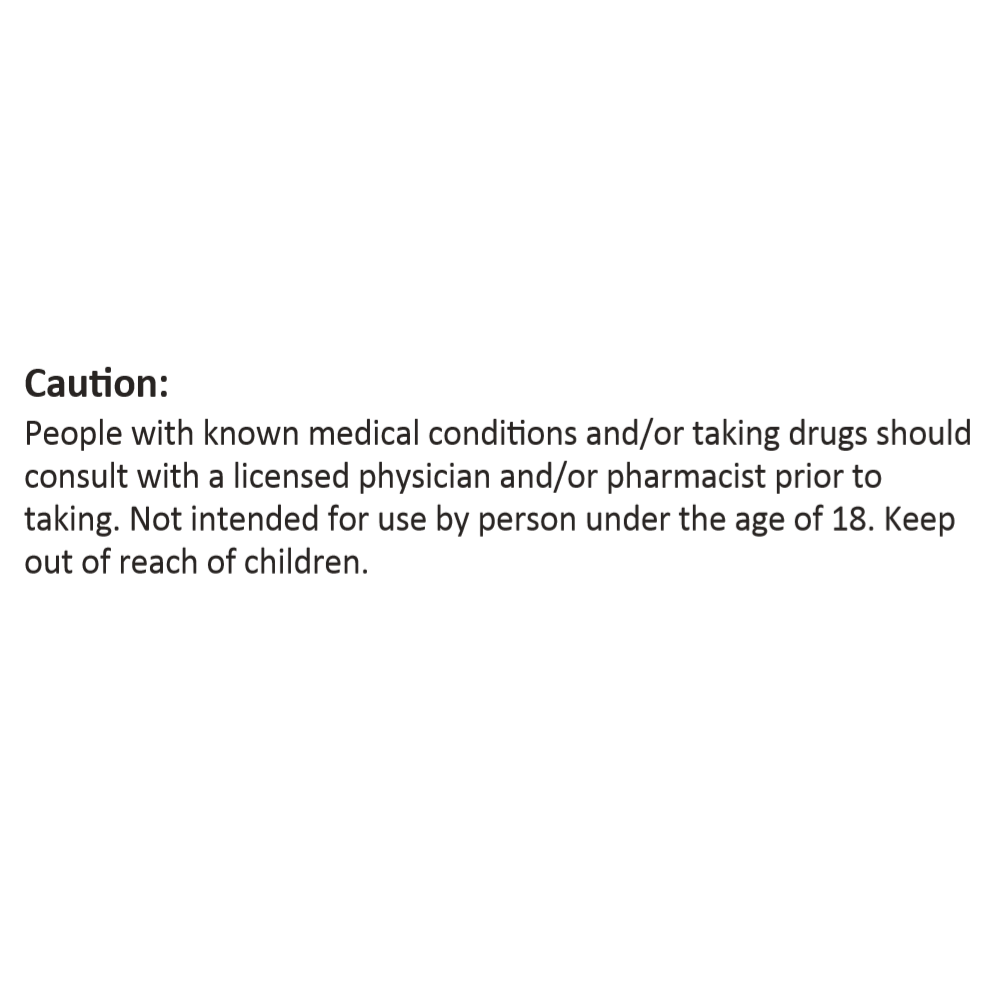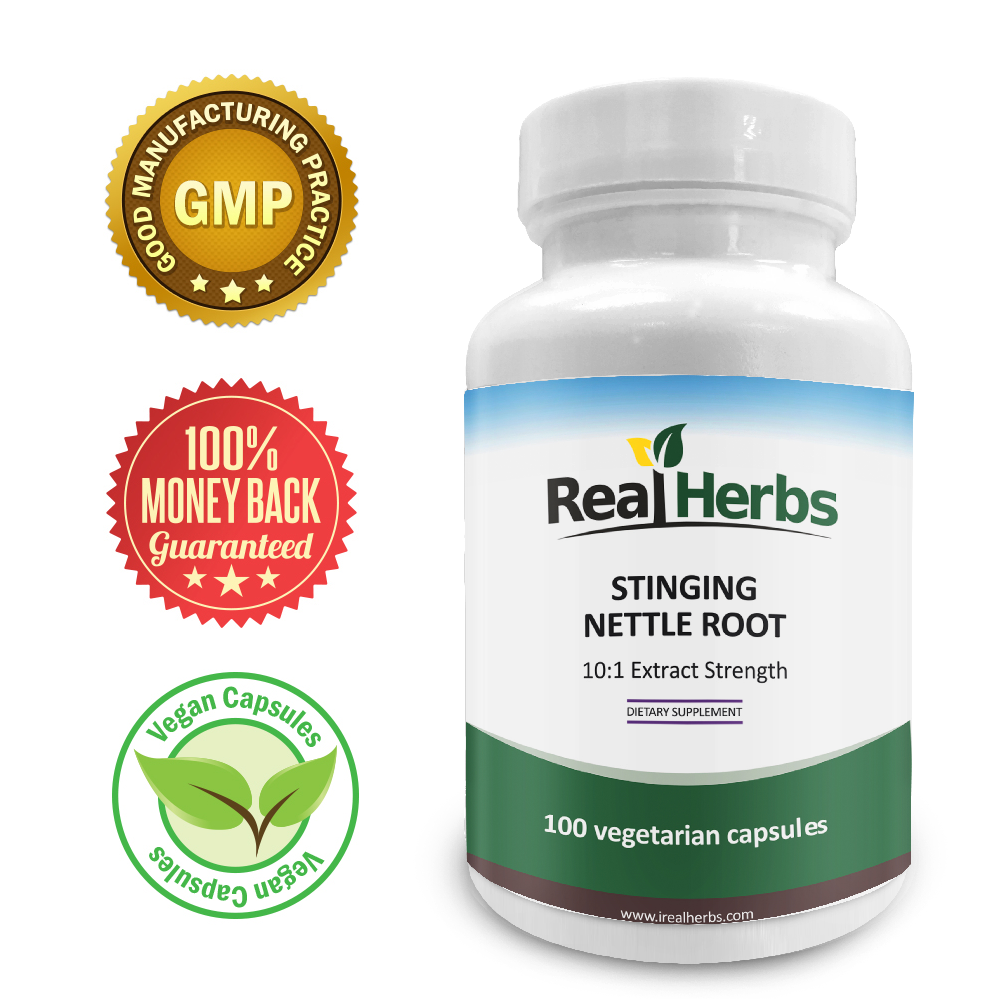Introduction
Neurological disorders pose significant challenges, affecting millions of individuals worldwide. As the search for effective treatments continues, natural remedies have gained attention for their potential therapeutic effects. One such remedy under scrutiny is Stinging Nettle Root, a plant with a rich history in traditional medicine. In this article, we explore the intriguing possibility of Stinging Nettle Root playing a role in the management of neurological disorders.
Background Information
Stinging Nettle (Urtica dioica) is a perennial plant known for its stinging hairs that can cause skin irritation upon contact. Despite its prickly reputation, this plant has been used for centuries in traditional medicine for various purposes. The roots, in particular, have been investigated for their potential health benefits, including anti-inflammatory and antioxidant properties.
Neurological Disorders
Neurological disorders encompass a broad range of conditions affecting the nervous system, such as Alzheimer's disease, Parkinson's disease, and Multiple Sclerosis. These disorders often involve complex mechanisms and can significantly impact an individual's quality of life. Current treatment options, while valuable, may have limitations in addressing the multifaceted nature of neurological conditions.
Stinging Nettle Root
The focus on Stinging Nettle Root arises from its intriguing chemical composition. The root contains an array of bioactive compounds, including lectins, phenols, and lignans. These compounds have sparked interest in the scientific community due to their potential therapeutic properties, particularly in the context of inflammation and oxidative stress.
Potential Mechanisms of Action
Understanding the potential mechanisms by which Stinging Nettle Root may influence neurological disorders is crucial. Preliminary research suggests that the active compounds in the root could interact with neurological pathways and modulate biochemical processes related to neurodegeneration. The exploration of its neuroprotective effects has become a focal point in uncovering the therapeutic potential of this natural remedy.
Scientific Studies and Clinical Trials
Research on the potential benefits of Stinging Nettle Root for neurological disorders is an area of growing interest. While the body of evidence is not yet exhaustive, several studies have provided insights into the possible therapeutic effects:
-
Anti-Inflammatory Properties: Studies have indicated that Stinging Nettle Root possesses anti-inflammatory properties that may be beneficial in reducing neuroinflammation, a common factor in various neurological disorders. Inflammation is thought to contribute to the progression of conditions like Alzheimer's and Parkinson's disease.
-
Antioxidant Effects: The presence of phenols and other antioxidants in Stinging Nettle Root suggests a potential role in combating oxidative stress, which is implicated in the damage to nerve cells seen in neurological disorders. Antioxidants may help protect neurons from free radical-induced damage.
-
Neuroprotective Potential: Some preclinical studies have shown promising neuroprotective effects of Stinging Nettle Root. These effects may involve the modulation of pathways associated with neuronal survival and the prevention of cell death, indicating a potential role in slowing the progression of certain neurological conditions.
Safety and Side Effects
Before considering Stinging Nettle Root as a therapeutic option, it is crucial to address safety concerns. Generally regarded as safe when used appropriately, Stinging Nettle Root supplements may cause mild side effects, such as gastrointestinal upset. However, individuals with allergies to plants in the Urticaceae family should exercise caution, as allergic reactions are possible.
As with any potential treatment, it is essential to consult with a healthcare professional before incorporating Stinging Nettle Root into a wellness plan, especially for individuals with existing medical conditions or those taking medications.
Dosage and Administration
Determining the appropriate dosage of Stinging Nettle Root for neurological health requires careful consideration. Dosages can vary depending on the form of the supplement (capsules, tinctures, or teas) and the specific health goal. While some studies have used standardized extracts, more research is needed to establish optimal dosages for different neurological conditions.
Scientific Studies and Clinical Trials (Continued)
-
Alzheimer's Disease:
- Some studies have explored the impact of Stinging Nettle Root on Alzheimer's disease. Researchers have investigated its potential to inhibit the formation of beta-amyloid plaques, a hallmark of Alzheimer's pathology. While results are preliminary, they suggest that Stinging Nettle Root may have a role in addressing certain aspects of Alzheimer's disease pathology.
-
Parkinson's Disease:
- Preliminary animal studies have suggested that Stinging Nettle Root may have neuroprotective effects in models of Parkinson's disease. These effects may be attributed to its anti-inflammatory and antioxidant properties. However, human clinical trials are needed to validate these findings and determine the potential benefits for individuals with Parkinson's disease.
-
Multiple Sclerosis (MS):
- In the context of multiple sclerosis, research has explored the anti-inflammatory effects of Stinging Nettle Root. Some studies suggest that it may modulate the immune response and reduce inflammation, which could be relevant to the management of MS symptoms. However, more rigorous clinical trials are necessary to draw definitive conclusions.
Conclusion
The investigation into the potential therapeutic effects of Stinging Nettle Root on neurological disorders is a promising avenue of research. While preclinical studies have provided intriguing insights into its anti-inflammatory, antioxidant, and neuroprotective properties, it is essential to approach these findings with caution.
As of now, the body of evidence is not robust enough to make definitive recommendations for the use of Stinging Nettle Root in the management of neurological disorders. Further well-designed clinical trials with larger sample sizes and diverse populations are necessary to establish its efficacy, optimal dosage, and long-term safety.
Individuals considering Stinging Nettle Root as part of their health regimen should consult with healthcare professionals, especially considering potential interactions with medications and varying responses among individuals. As research in this field progresses, we may gain a clearer understanding of the role Stinging Nettle Root can play in supporting neurological health.

